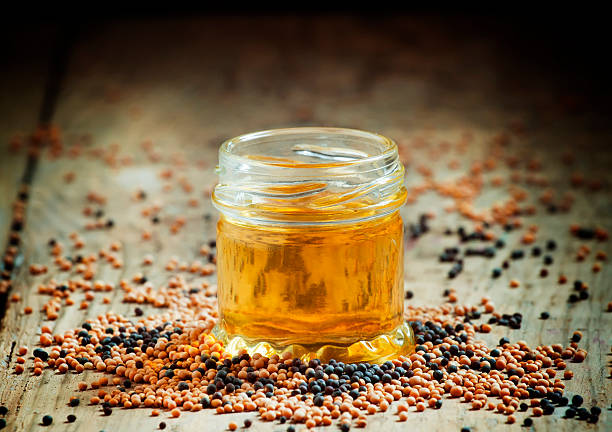Tips for staying hydrated during summer

All of you have been waiting for winters chills to go away and sun to rise in all its glory. The sun is finally out and you are all set to spread out picnic mats, go out for hiking and dunk yourself in the pool of cold water. Up to 60% of the human adult body is water. Proper hydration is absolutely essential for our overall health. The water we consume optimizes blood pressure, regulates body temperature, lubricates joints, eliminates waste out of our body and aids in digestion. And with the increase in temperature and outdoor activities, we continuously lose water—through sweating and evaporation. Needless to say, we have to load up on the water in summers.
What happens to the body if we don’t get enough water?
Dehydration is associated with muscle cramps, fatigue and extreme thirst. Our brain and heart are composed of around 73% of water. If we fail in loading up water, especially in hot weather, our thinking and cognition can suffer. In fact, a 2% reduction in body water weight can lead to problems with short-term memory and attention. Here are signs that you may be dehydrating like- loss of appetite, dry mouth, mild constipation and temporary lightheadedness. A good measurement of your level of hydration is the colour of your urine. Pale urine indicates adequate hydration while darker coloured urine is a sign that your body needs more fluids.
Tips for better hydrating
-If you don’t like drinking normal water, add salt and fresh lemon juice. This mineralizes the water and also makes it tasty for you to drink.
-Drink at least 8 ounces of water each day, but drink when you are thirsty.
-Before consuming calories late-afternoon, drink some water. Sometimes our brain gets confused between thirsts with hunger.
-Drinking a predetermined number of ounces throughout the day (such as at meals, and before, during, and after a workout) can keep you on track.
-All whole fruits and vegetables contain some amount of water, so eat your way to hydration.
-Coconut water is a mineral-rich liquid from the inside of young, green coconuts. Packed with potassium, magnesium, sodium, and calcium, coconut water can replenish lost fluids and electrolytes.
-If you are thirsty, don’t suppress your thirst due to work pressure.
Importance of drinking water
Benefits of drinking water increases many fold because during summer lot of water and electrolytes get depleted with sweating. The cells in the body require an adequate amount of water to carry out normal enzymatic activities. Water can help get rid of fatigue or pull you out of low-energy levels. Water helps to maximize physical performance. Mild hydration can impair energy levels and mood and lead to major reductions in memory and brain performance. Consuming water can sometimes help relieve headaches.
How much water should you take?
The eight glasses rule is a good start; it isn’t based on well-researched information. Our body is made up of 60% water. Every part in our body needs water to function. The current Institute of medicine recommends for people of 19 years of age and older, is around 131 ounces for men and 95 ounces for women. Girls and boys between 4 and 8 years old should drink 40 ounces per day, or 5 cups. Pregnant women of all ages should aim to get 80 ounces, or ten glasses of water, each day. Breastfeeding women may need to up their total water intake to 104 ounces, or 13 cups.
Your body constantly uses and loses fluids through actions like sweating and urinating. Dehydration happens when your body loses more water or fluids than it takes in.
Dehydration may lead to:
-Poor memory
-Mood change
-Constipation
-Kidney stone formation
-Dry mouth and tongue
-Fatigue
Benefits of drinking water for brain
-Boosts your concentration level.
-Improves your problem solving skills.
-Helps you improve your memory.
-Helps an individual’s brain to operate faster.
-Prevents headaches and migraines.
Benefits of drinking water for skin
-It helps protect against breakouts and blemishes.
-It makes it easier to absorb nutrients that benefit the skin.
-It generates the production of new blood and muscle cells which promotes a healthy skin.
-Water removes toxins from the blood, making your skin glowing, clear and smooth.
-It is a natural barrier that retains moisture in your skin.
Popular Posts

Choosing the Right Detox Based on Your Ayurvedic Body Type
30 Jan, 2026The fundamental truth of the human condition is that no two bodies function the same way. Based o...
Read more
Ayurvedic Detox Diet Tips and Recipes You Can Easily Make at Home
29 Jan, 2026In Ayurveda, detoxification is the process of digesting or eliminating accumulated toxins or ama ...
Read more
Foods That Support Detox According to Ayurveda
28 Jan, 2026In Ayurveda, food is the primary source of prana, the vital life energy that sustains the body, m...
Read more




 Popular Read
Popular Read

















































